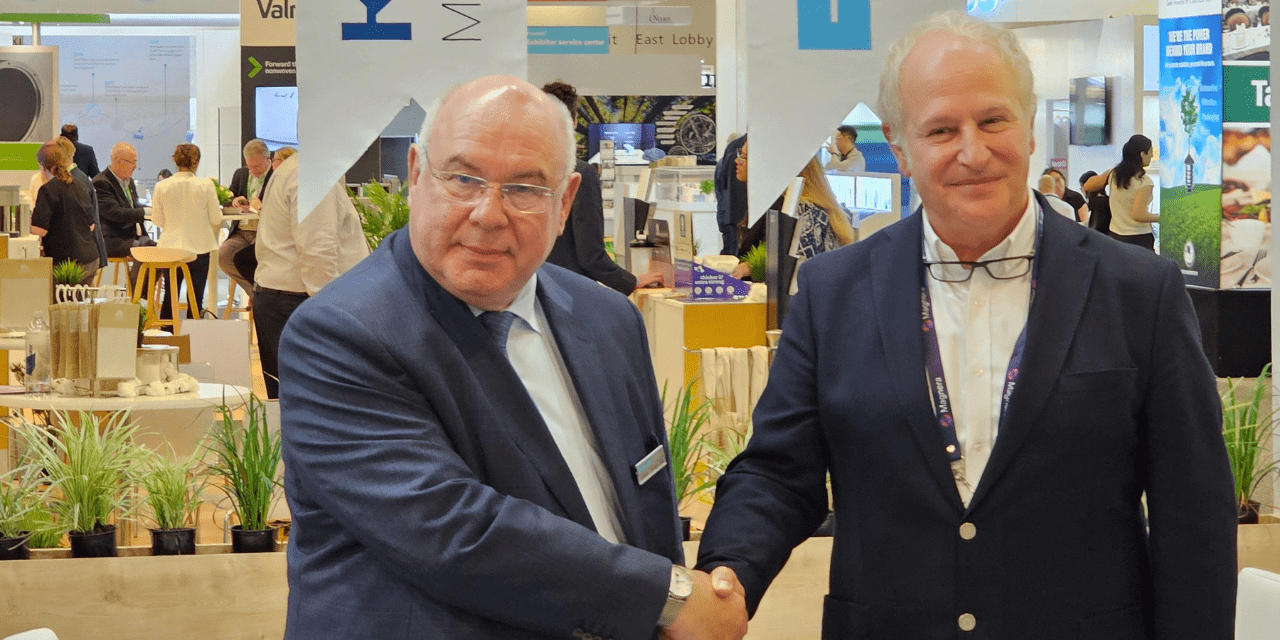Germany-based Dilo Systems GmbH, a renowned producer of comprehensive nonwoven manufacturing lines, has entered a strategic partnership with Turkey’s Kansan Group, an expert in nonwoven converting solutions, end-of-line systems, and wetlaid nonwoven machinery. This collaboration is designed to offer fully integrated and customized nonwoven production lines that merge the strengths of both companies across various manufacturing stages.
Under this agreement, Dilo Systems will serve as the main contractor, overseeing engineering and project execution. The partnership encompasses integration of systems for fiber preparation, carding, wetlaid, hydroentanglement, and needling, along with Kansan’s advanced converting and end-of-line technologies. The combined offering is targeted at producing specialized nonwovens tailored for hygiene, medical, and technical applications.
One of the key goals of the collaboration is the production of hybrid nonwovens, combining layers of long and short staple fibers derived from cellulose pulp and carded materials. Short-cut cellulose fibers, particularly those under 12 mm, enhance flushability and waste management, making them ideal for hygiene applications like wet wipes.
Kansan’s innovative wetlaid pulp technology, utilizing custom-designed headbox systems (including flowlip and inclined wire methods), allows flexible product shaping and integration with carded web layers. These hybrid structures are further strengthened through hydroentanglement, creating multi-functional nonwoven fabrics.
Kansan Materials has already established a hybrid material processing line equipped with advanced hydrodynamic simulation tools and fully automated, computer-assisted software, ensuring operational efficiency and precision control.
As part of this alliance, Dilo will integrate its CycloPunch and MicroPunch needling technologies with Kansan’s wet wipe converting lines, enhancing product capability and process efficiency. Kansan’s strong industry position and technical know-how in converting and packaging further enrich this cooperation.
This joint effort aims to deliver complete, flexible production lines capable of manufacturing carded and needle-punched, carded and hydroentangled, carded and wetlaid, or even hybrid nonwovens, all within a sustainable framework.
Emphasizing innovation, automation, and environmental responsibility, the collaboration is expected to open new opportunities in the global nonwoven market, with a focus on enhancing productivity, reducing environmental impact, and meeting evolving customer demands.

